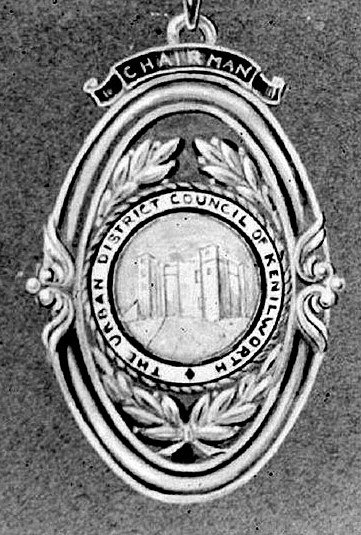Elected (12 seats)
| Candidate | Party | Votes |
| *John Clarke | Independent | 999 |
| *Edward Hodges | Coalition | 984 |
| William Hiorns | Independent | 921 |
| *William Parkinson | Coalition | 871 |
| *William Dencer | Independent | 835 |
| *Charles Randall | Coalition | 805 |
| *William Bostock | Coalition | 761 |
| Eustace Carey-Hill | Coalition | 761 |
| *Robert Grindrod | Coalition | 739 |
| *Charles Carter | Coalition | 697 |
| *Edwin Gee | Coalition | 686 |
| *Alfred Keeling | Coalition | 663 |
Not Elected
| Arthur Read | Coalition | 650 |
| George Hughes | British Legion | 639 |
| Miles Smallwood | Coalition | 435 |
| David Mowbray | Independent | 339 |
| Thomas Tipson | Independent | 359 |
| Percy Fox | Coalition | 336 |
*denotes retiring councillor
Electorate 3200 (Turnout 53.6%)
9 Spoilt Ballot Papers
‘COALITION TWELVE’ – GET NINE
Polling day passed off uneventfully, and was very slow going. Many motor-cars were seen driving around the town which bore the slogan ‘Vote for the Twelve’. They stated in their manifesto; ‘We do not stand in the interests of any party, class or creed but distinctly and entirely independent in every way, believing that we can be of service to the town in promoting its well-being‘.
There were no surprising results, although John Clarke topping the poll was. He has always had a good following but in previous elections he had been half way down the list. He was the only candidate in the election who posted leaflets with his photograph and manifesto to all the electorate. This obviously did him no harm at all, with his jovial and kindly face.
William Dencer has now been elected to the council on four occasions, in 1919 for the Local Trades & Labour Council, in 1922 for the Labour Party, in 1925 as a Conservative but in this election he stood as an Independent and still got elected. It seems that he has finally got fed-up with party politics and just wanted to serve the town.
All candidates who stood for re-election from the old council were returned, many of them being part of the ‘Twelve’.
Hodges coming second, was no surprise to anybody as he always seems to be there or thereabouts. New member, Hiorns in third place, did extremley well, considering he was rejected at the 1925 election. Since then however, he has made himself better known to townsfolk. Carey-Hill as Kenilworth people will know, takes a great deal of interest in the Abbey ruins, was elected for the first time and was not unexpected, although he had failed to be elected three years ago.
One bone of contention was the final candidate elected, Alfred Keeling. He had left Kenilworth to live in Harbury before the election and that is probably why he only just scrapped through. He had failed in the 1925 election but was voted onto the council in a by-election in August of the same year. Rules stated that to be a candidate you must have lived in the district for 12 months prior to an election. But obviously the rules weren’t clear enough. Keeling had lived in the town for well over 12 months, years infact, before the election, but was not resident at the time of the election. Would this have been against the rules? But it looks like the County Council must have adjudicated on this matter because he remained on the council.
The counting took place at the council house in Upper Rosemary Hill on the following day. Results were declared in the early afternoon by returning officer, Sholto Douglas.
KUDC Councillors
9 Coalition (EHodges, Parkinson, Randall, Bostock, Carey-Hill, Grindrod, Gee, Keeling, Carter)
3 Independents (Clarke, Hiorns, Dencer)
Chairman
Photo courtesy of Warwickshire County Records Office. (ref. PH (N) 600/147/3)
